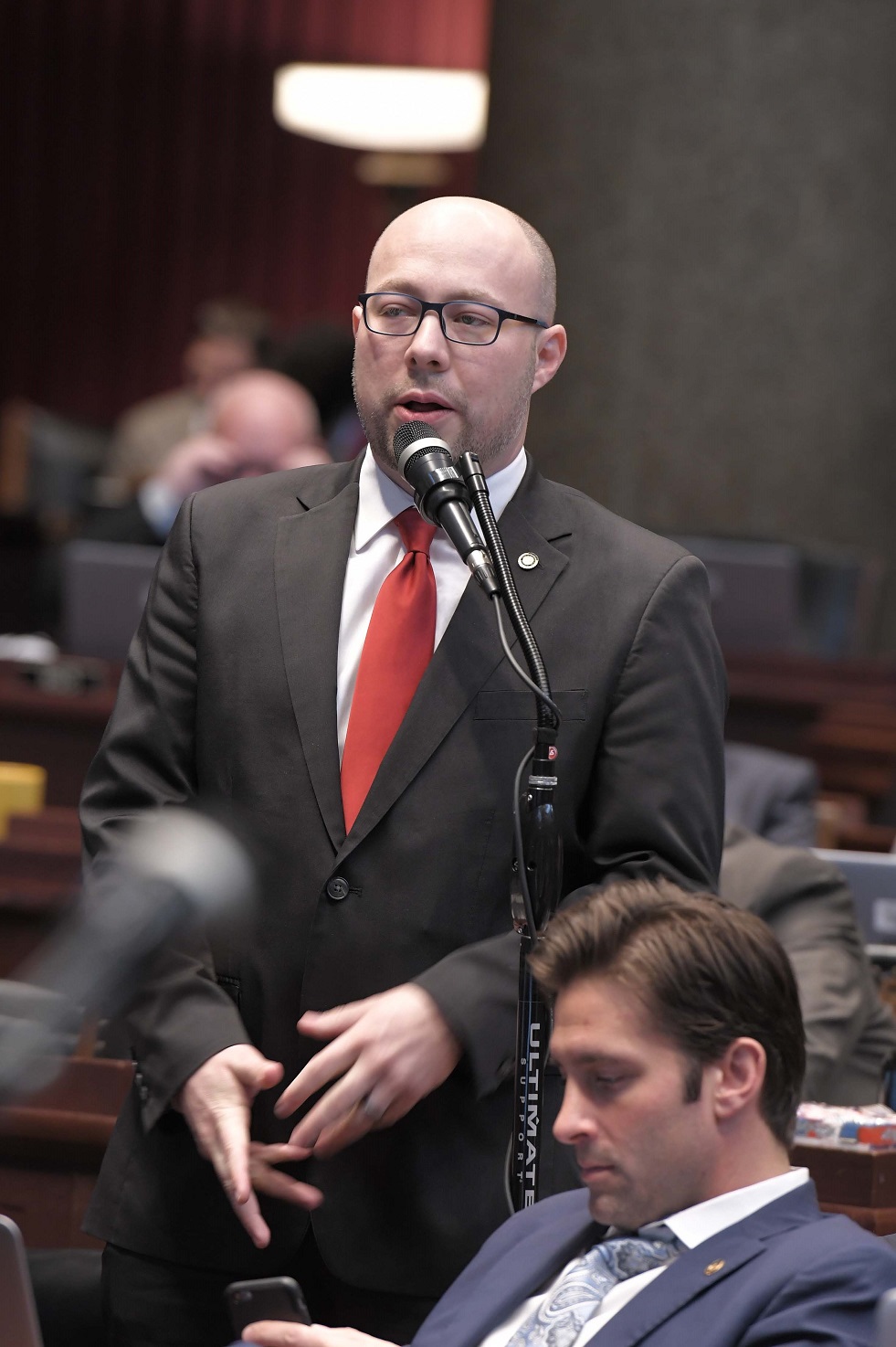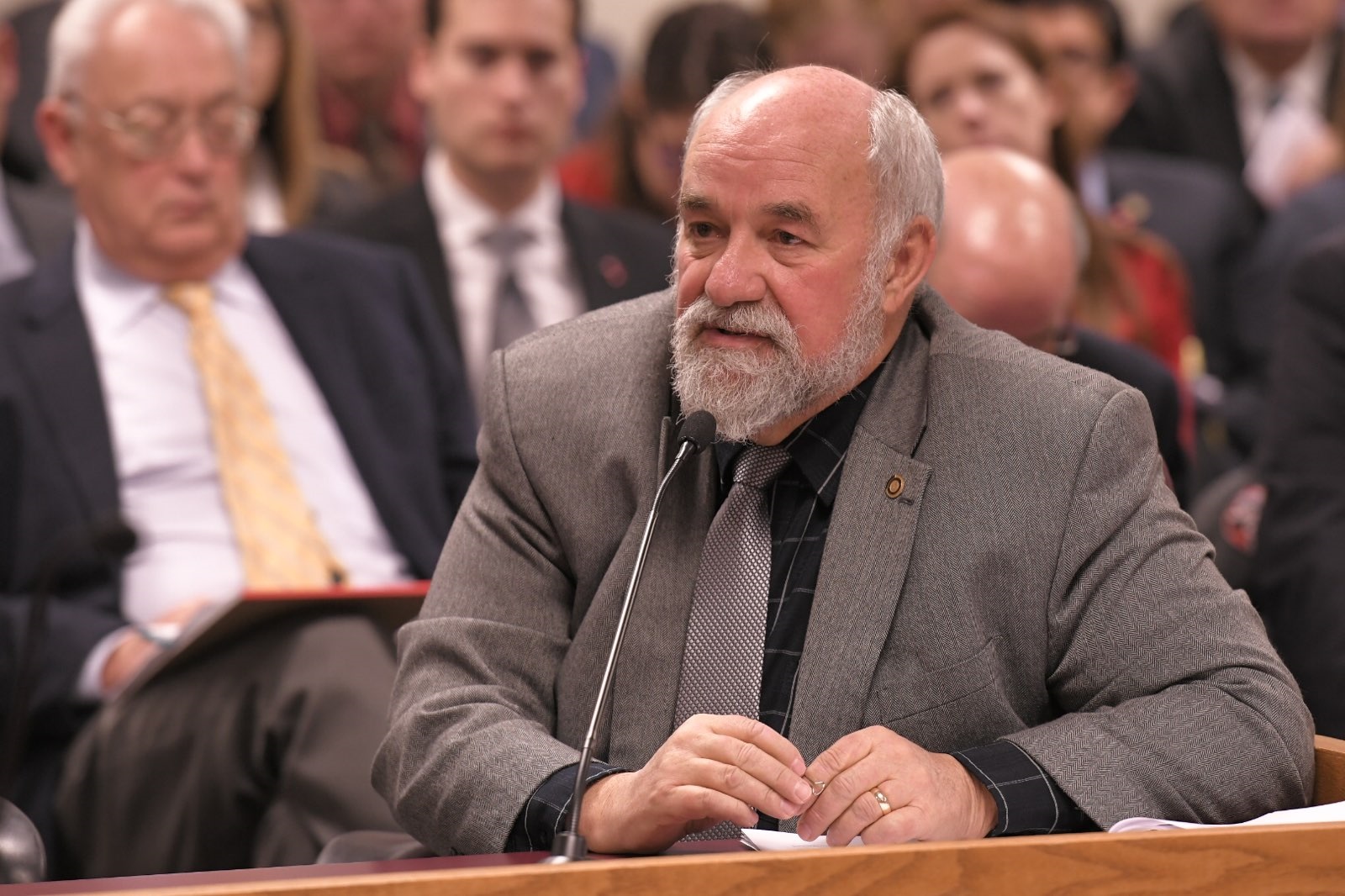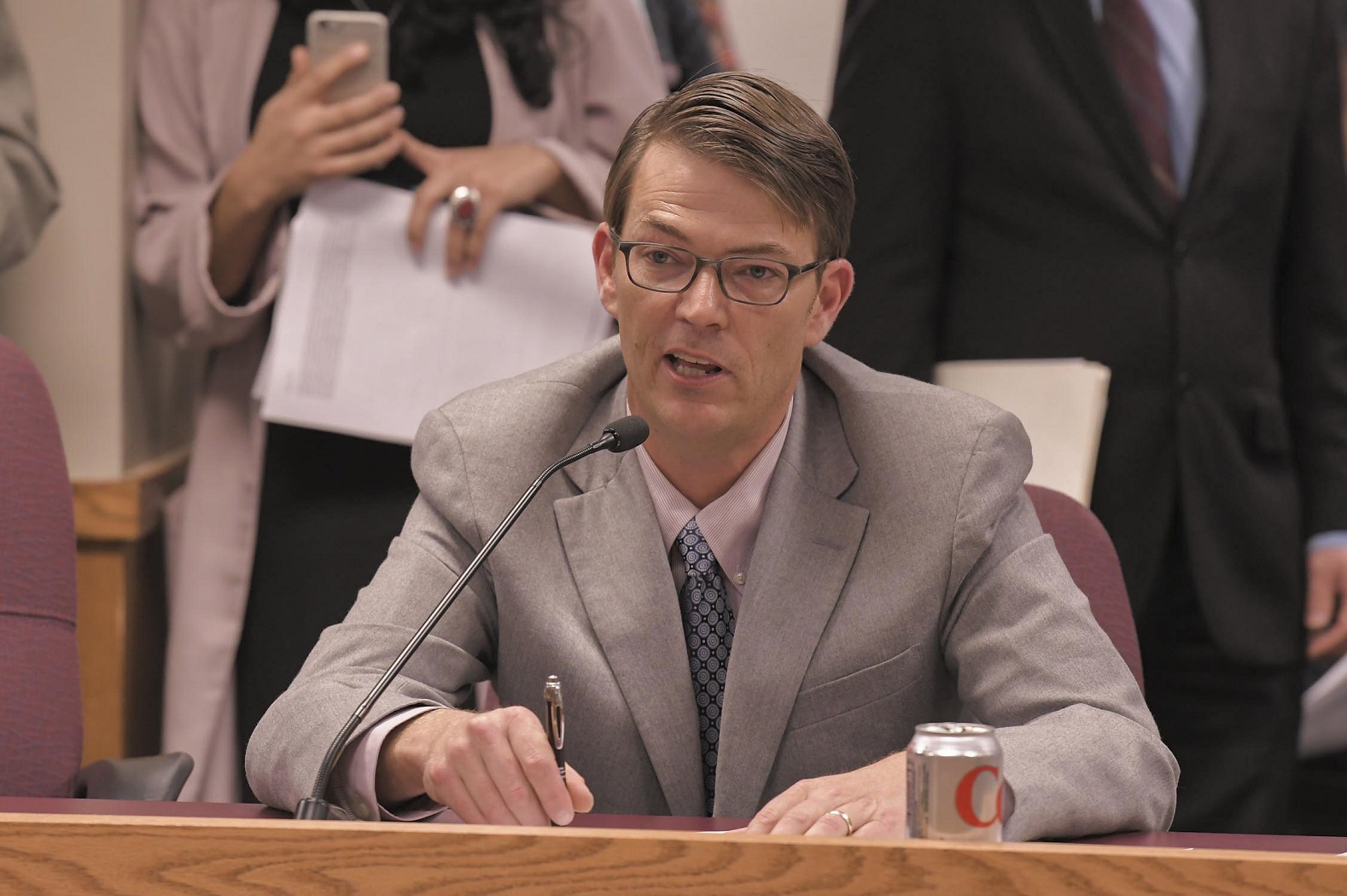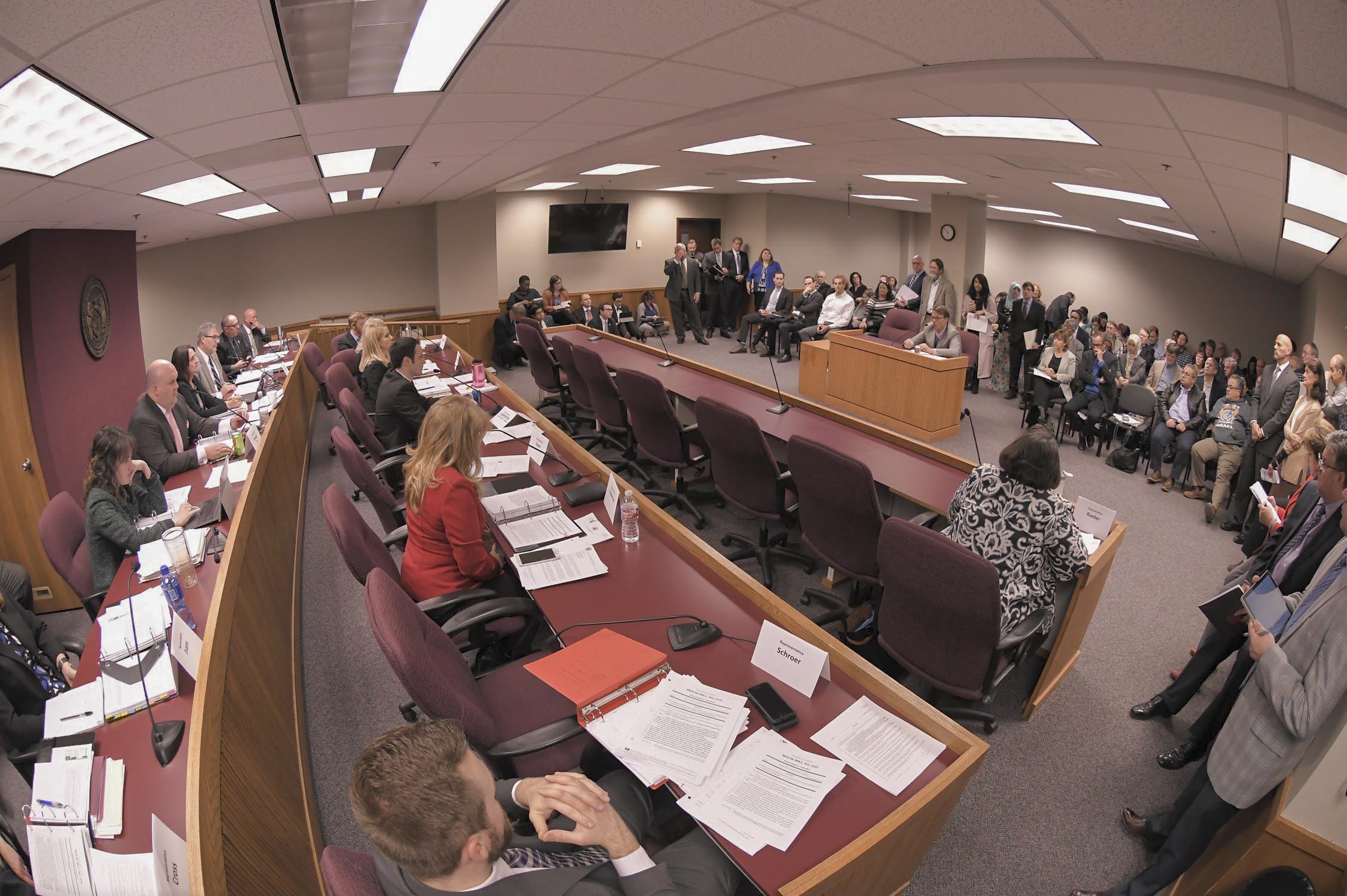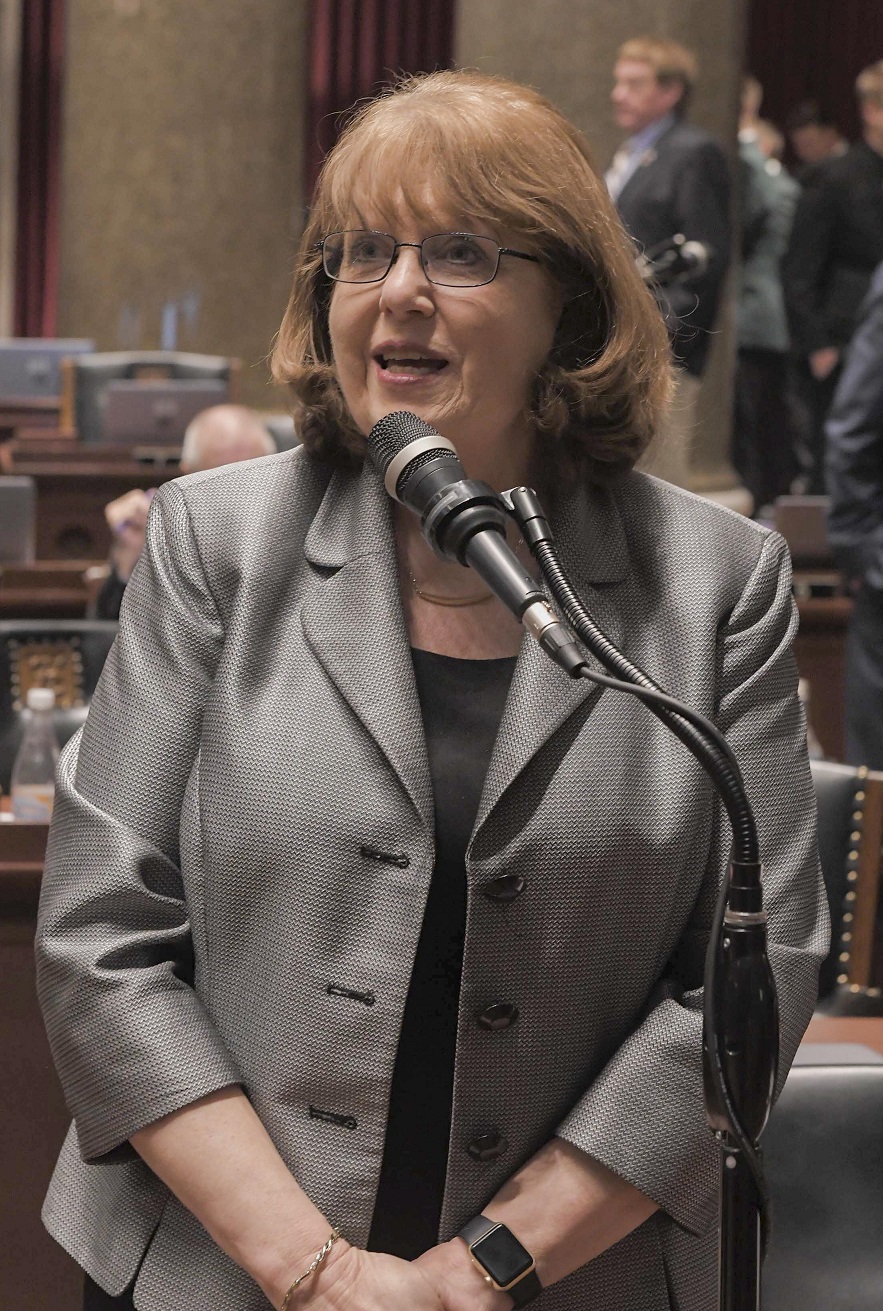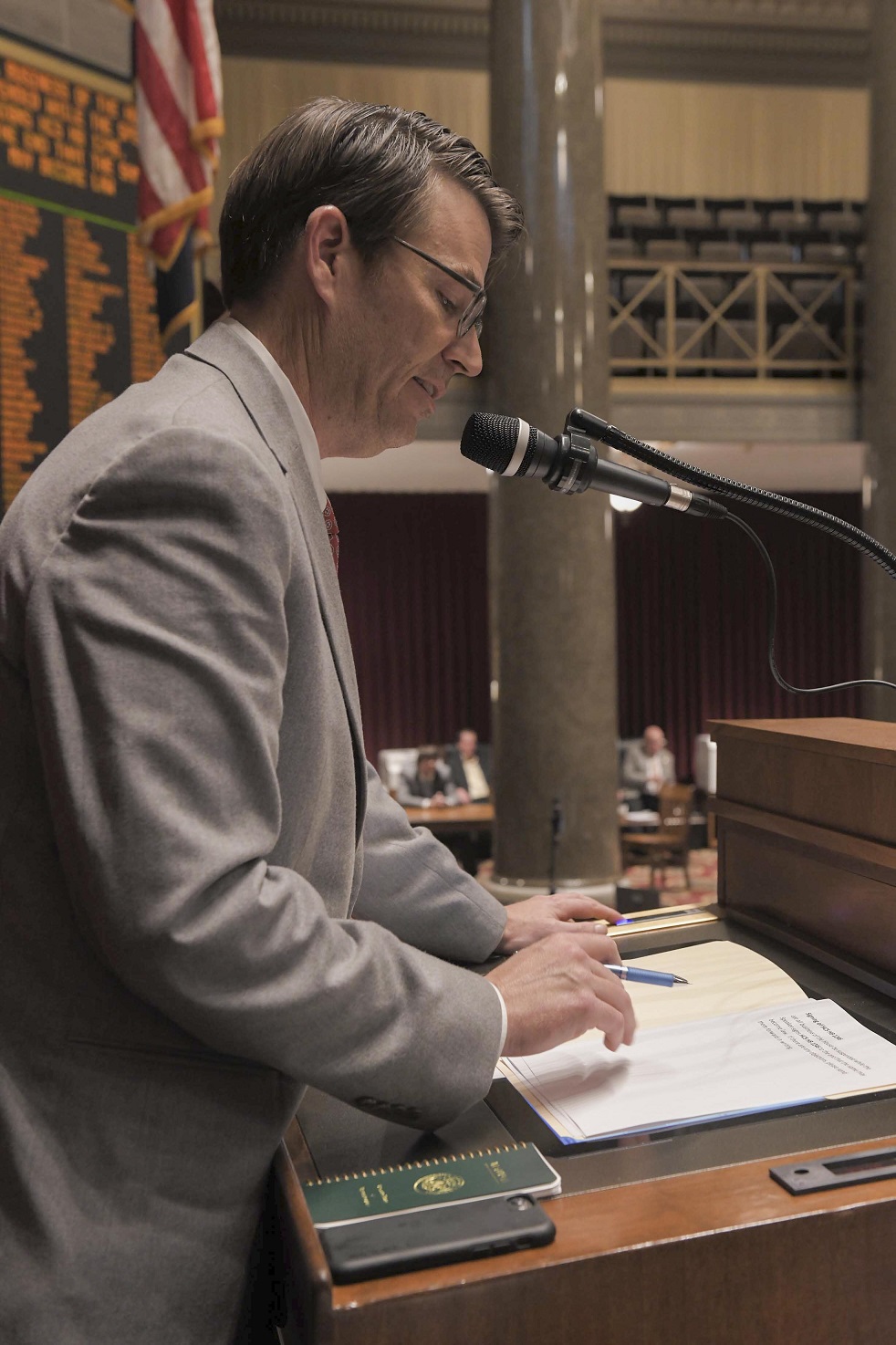The state House has voted to increase fines for poaching because it’s cheaper for non-Missouri residents to poach than to hunt with a license.
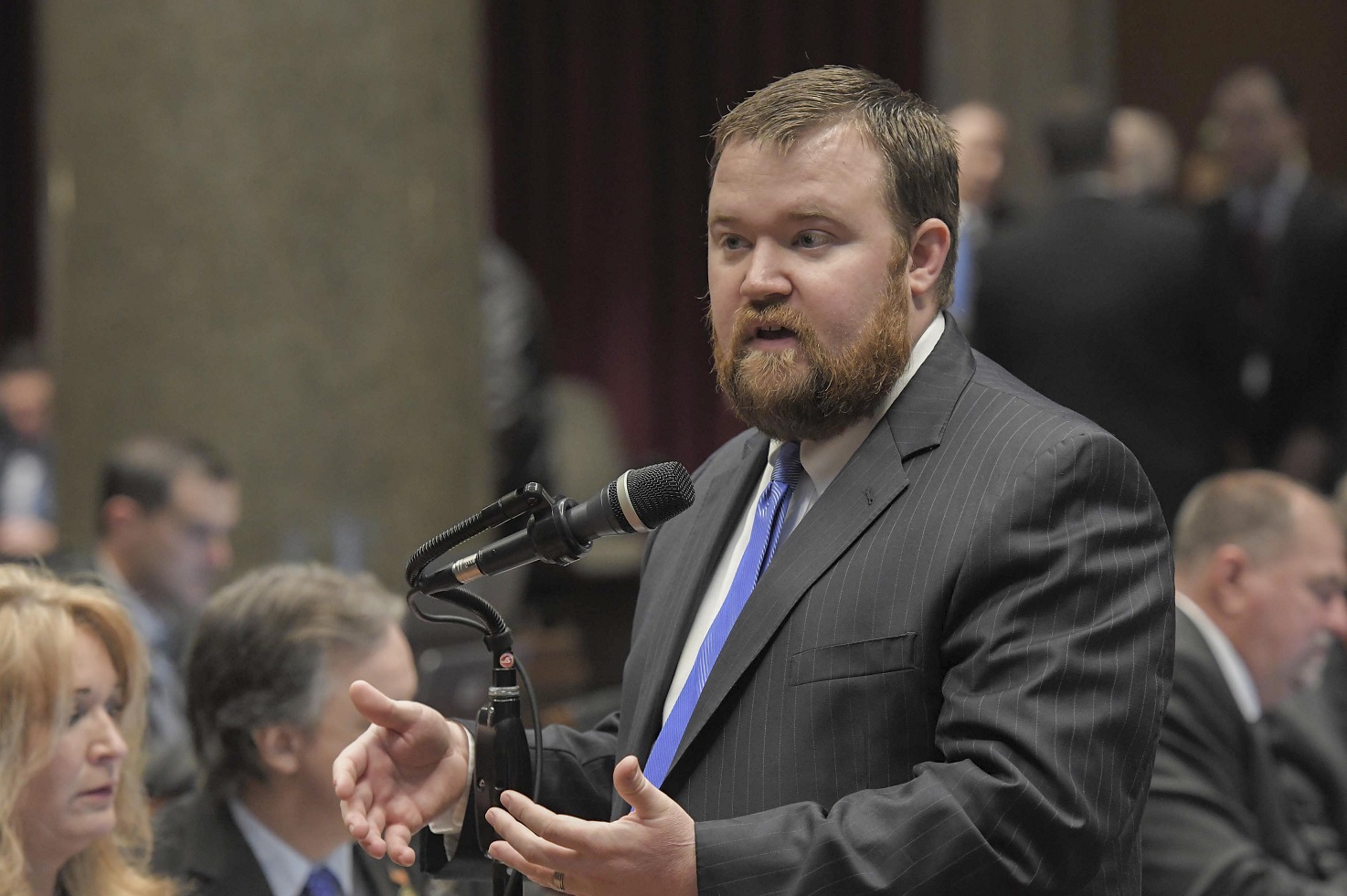
That’s what Representative Jered Taylor (R-Nixa) told his colleagues when he presented House Bill 1873, which creates a civil penalty for poaching.
“Currently when an individual is caught poaching … the Conservation Department will write a ticket to that individual. It will go to the Fine Collection Center where fines are typically no more than $200, so it’s actually cheaper for an individual from out of state to come into Missouri and not get a hunting permit, attempt to get a deer by poaching illegally, and risk the chance of being caught because the highest it will be is $199, where an out-of-state permit is $250,” said Taylor. “It’s cheaper for them to take that risk.”
Under HB 1873 anyone found guilty of killing, chasing, processing, or disposing of animals listed in the bill must pay restitution, which will go to the school district in which the individual was caught. Penalties would range from between $375 and $750 dollars for a turkey to between $2,500 and $5,000 for a black bear or elk.
The legislation would create a civil penalty of between $500 and $1,000 for each paddlefish taken illegally. Taylor explained that was an addition to this year’s version of the legislation because of growing problems regarding those fish.
The bill had widespread support, particularly from lawmakers like Don Rone (R-Portageville), who have been angered by cases of poaching they know of first hand.
Rone said a man from Tennessee came to his district when high water had a number of deer contained in an area.
“There was a world-class buck that we had been following on our farm for four years. We would not shoot this deer because we knew this deer had the capabilities of becoming a world-class buck,” said Rone. “This gentleman killed that deer in the woods when the deer was corralled in the five-acre woods. That’s why we need to have this fine up higher than we have it today … what did he get? $175 fine.”
Taylor said the proposal mainly targets repeat offenders that would be identified by Conservation Department officials and local prosecutors working together.
Backers of the bill said it will help dissuade poachers from taking wildlife away from Missourians, and say Missouri has some of the lowest poaching fines in the country.
The House voted 130-19 to send the bill to the Senate for its consideration.
